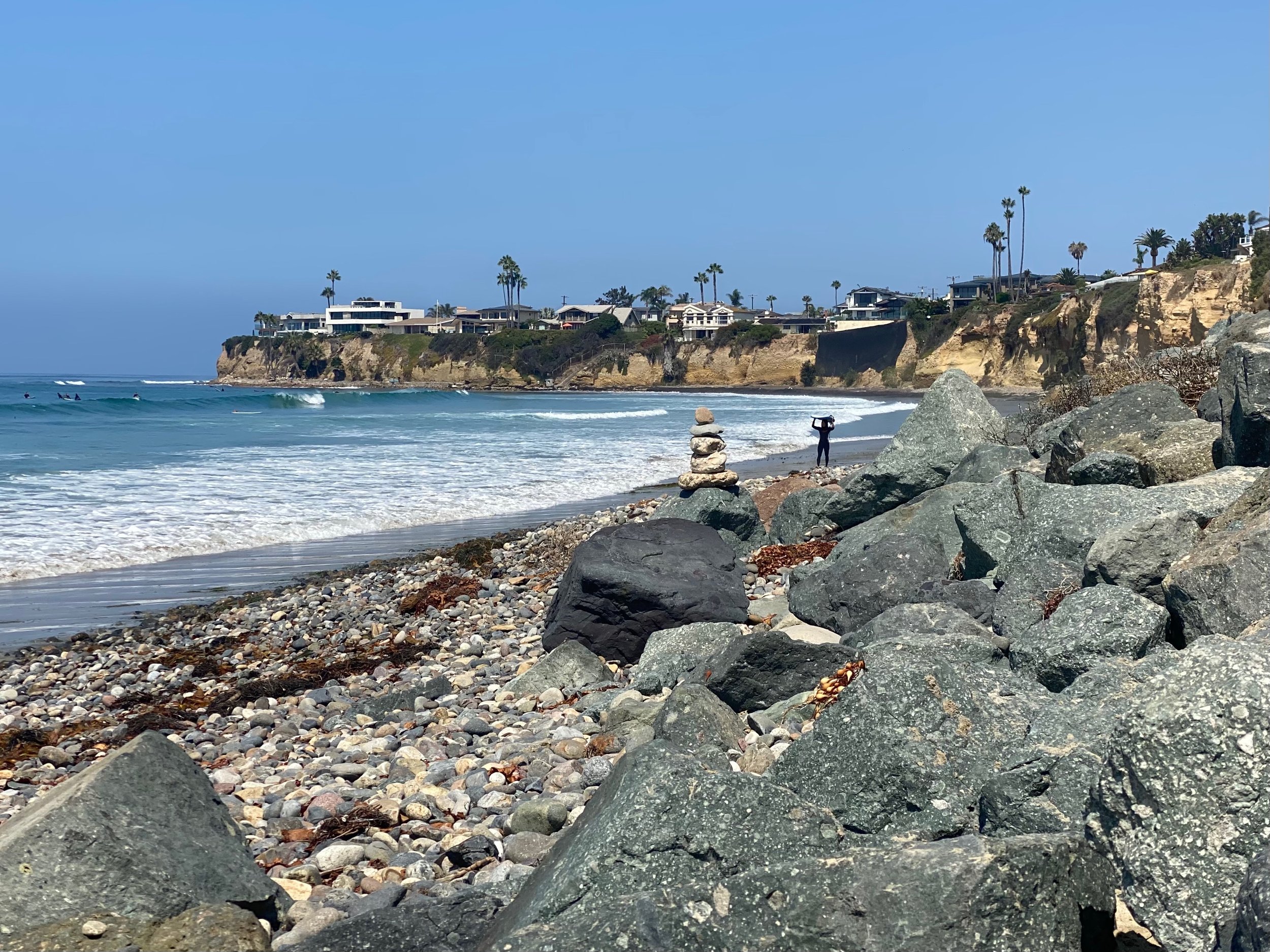
the basics.
ANSWERS TO Common Questions About the Mediation Process
will I have to be in the same room with the other party at my mediation?
No. Todd conducts virtually every mediation in two separate rooms, whether you meet in person or via Zoom for your mediation. There are few benefits to meeting in the same room with the other party. Meeting in different rooms fosters a safe, private and confidential environment critical to the mediation process.
can I bring a friend or family member with me to my mediation?
Yes. Todd encourages parties to bring a support person to the mediation. Often a support person can be a voice of reason or offer insights or a fresh perspective. A support person might be a friend, family member, ecclesiastical leader, or a current spouse or significant other. The identity of the support person you may choose to bring with you is confidential. Todd encourages support persons to ask questions and provide input. On rare occasions, a support person may hinder the process by offering uninformed opinions or dominating the conversation. It’s important that you discuss appropriate boundaries with your support person before the mediation.
how long will mediation last?
Most of Todd’s mediations last three to five hours. Your mediation may be shorter or longer. Todd hopes to complete every mediation as quickly and efficiently as possible, resulting in lower costs for both sides. Mediation will take a lot longer if the parties and attorneys are not prepared, if you have questions about your case that your attorney has not answered beforehand, or if there are documents or information that either party has failed to share in advance.
Can I request having my mediation on zoom?
Yes. Todd was one of the first mediators in Utah to host mediations virtually on Zoom long before the pandemic made Zoom a household name. If you prefer to meet via Zoom, please let Todd know.
will I need more than one mediation session?
Most cases can be fully resolved in one mediation session. Sometimes, however, it makes sense to schedule a follow-up mediation. Some common reasons for a follow-up session may include time for the parties to gather more information, get property appraisals completed, or try out temporary custody/parenting arrangements agreed to in mediation.
who pays for mediation and how much will it cost?
In most cases, the parties equally share the mediation fee, payable directly to Todd at the end of the mediation appointment. Please contact Todd if you have questions about forms of payment or his hourly rate.
DO I need to have an attorney for mediation?
Todd encourages all parties to have legal counsel at the mediation. At the very least, Todd urges all parties to consult with an attorney before attending mediation. Parties who represent themselves must understand that Todd cannot and will not give legal advice.
is todd an attorney?
Todd is no longer a practicing attorney. Todd applied his many years of experience as a family law attorney to growing a highly successful full-time mediation practice.
what happens if we reach an agreement in mediation?
The chances are excellent that you will reach an agreement in mediation to resolve all the issues in your case. For your agreement to be enforceable, Todd will assist the attorneys in preparing a written Stipulation, which is a formal document that sets forth in detail all the terms of your agreement. You will have plenty of time to review the written Stipulation with your attorney before signing it. Once signed, the Stipulation becomes a binding and enforceable contract. In most instances, the attorneys will file the written Stipulation with the court.
what happens with my case after mediation?
If you reach an agreement in mediation, the attorneys will file the formal written Stipulation with the court and prepare a court order or decree incorporating all the provisions from your written Stipulation. The attorneys will submit the order or decree to the assigned judge in your case, who will review, approve, and sign it. Once signed, the order or decree containing your agreement will become a binding, enforceable court order.
If you do not reach an agreement in mediation, you may take steps to request a court date. This is an important decision you will make in consultation with your attorney.
